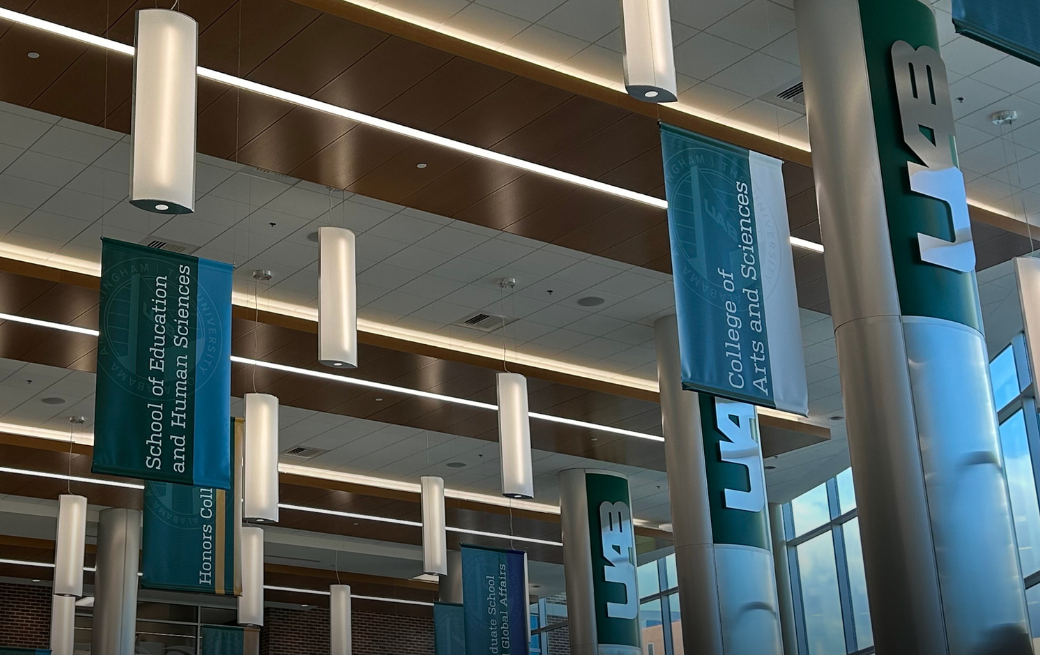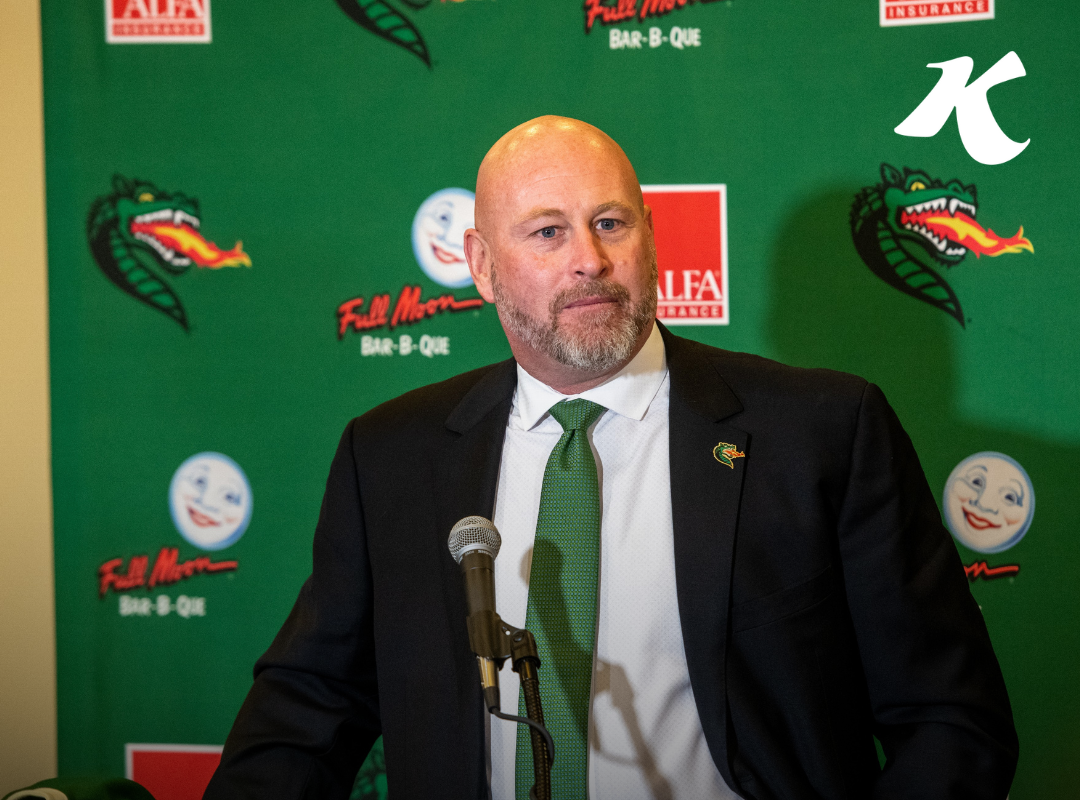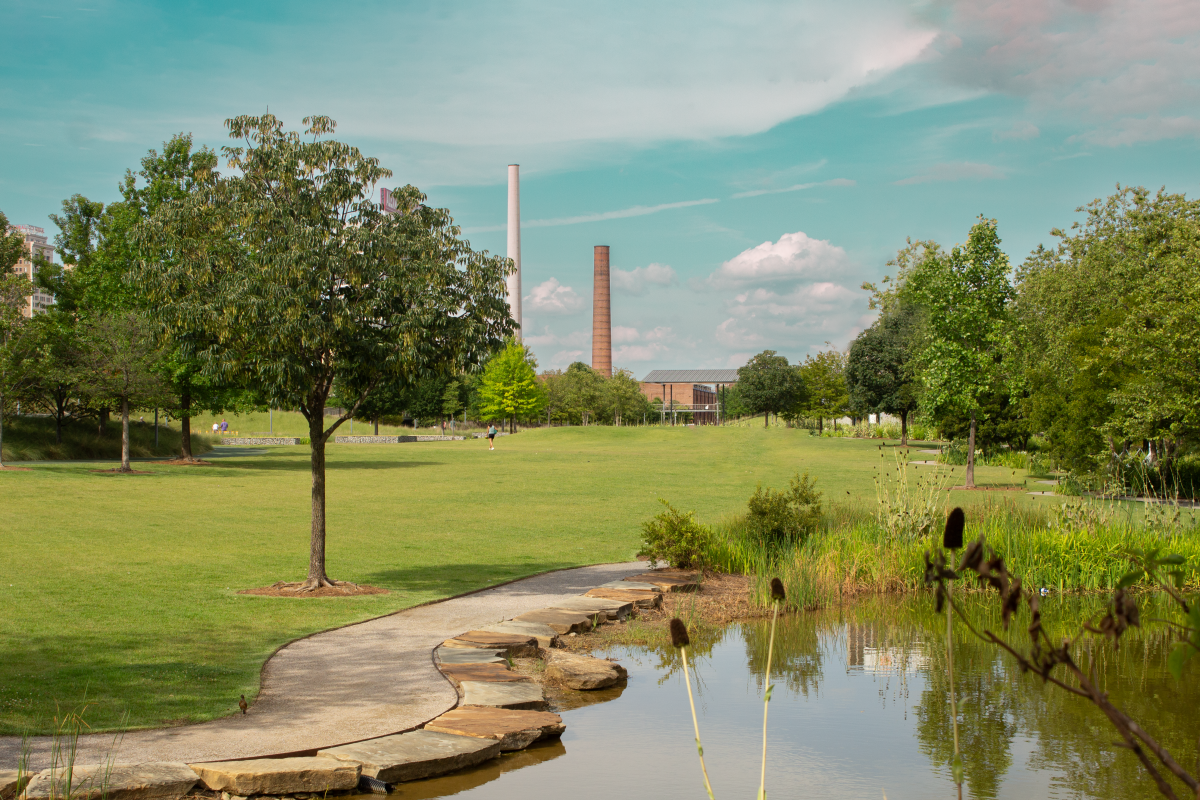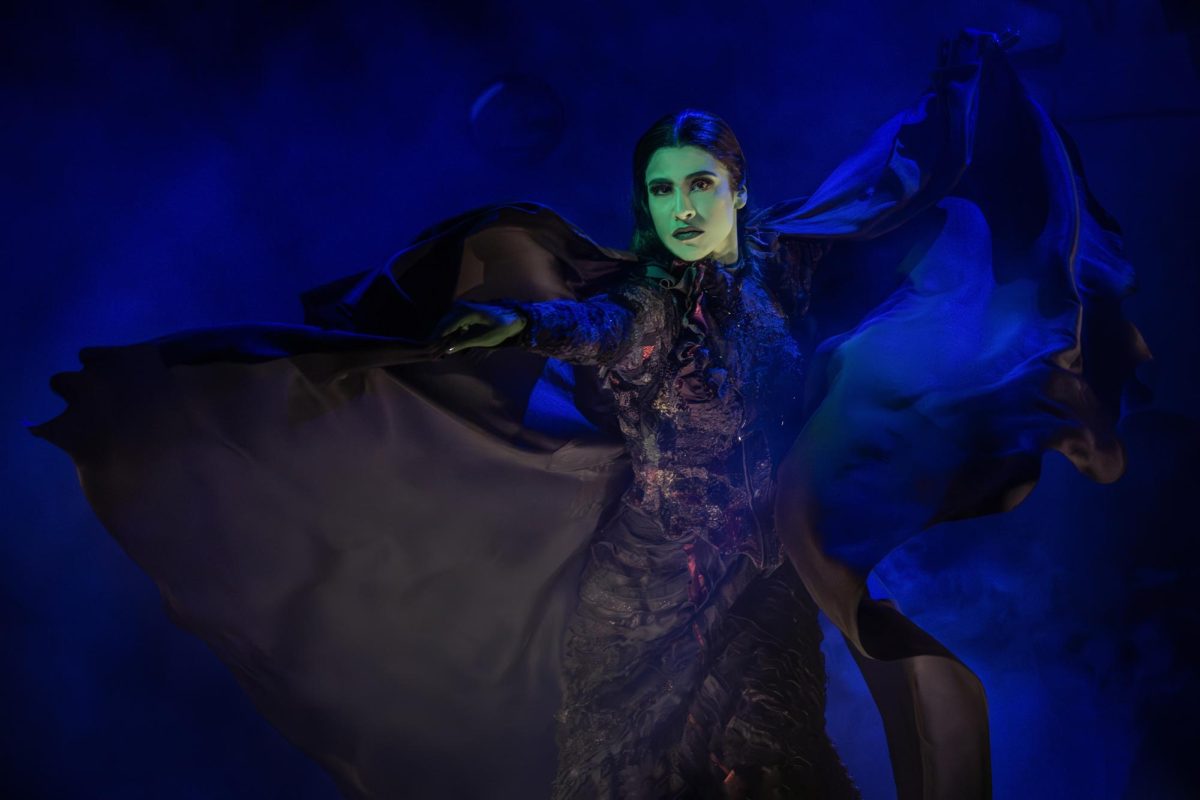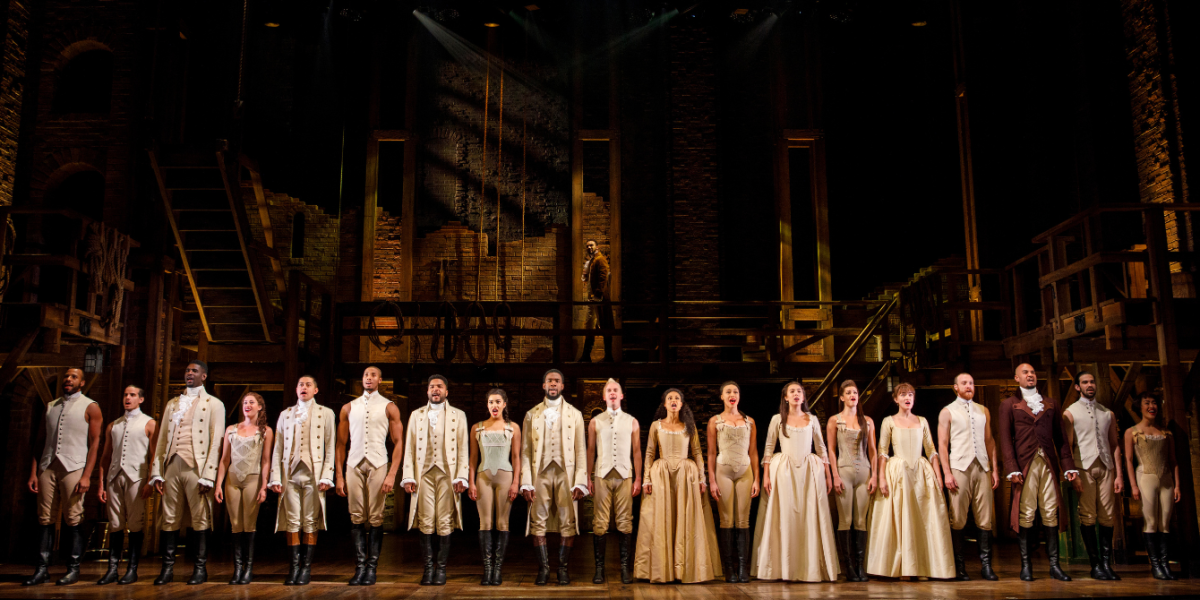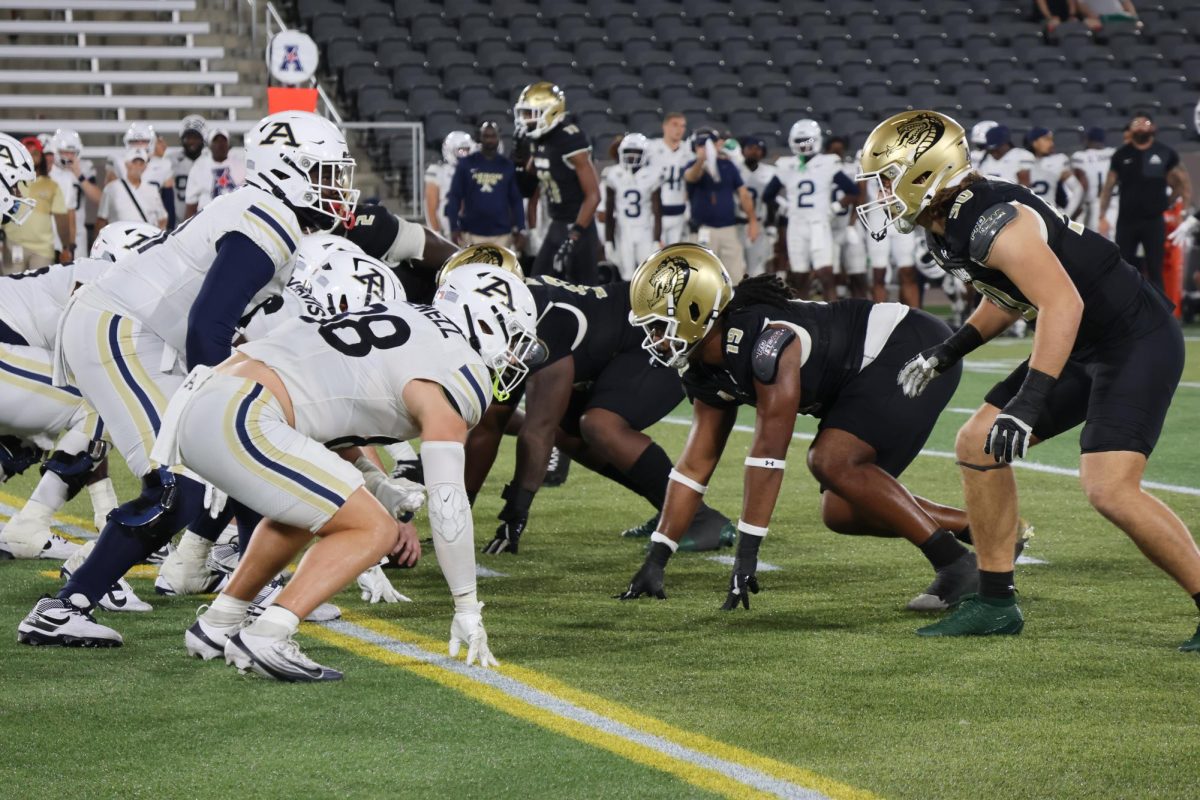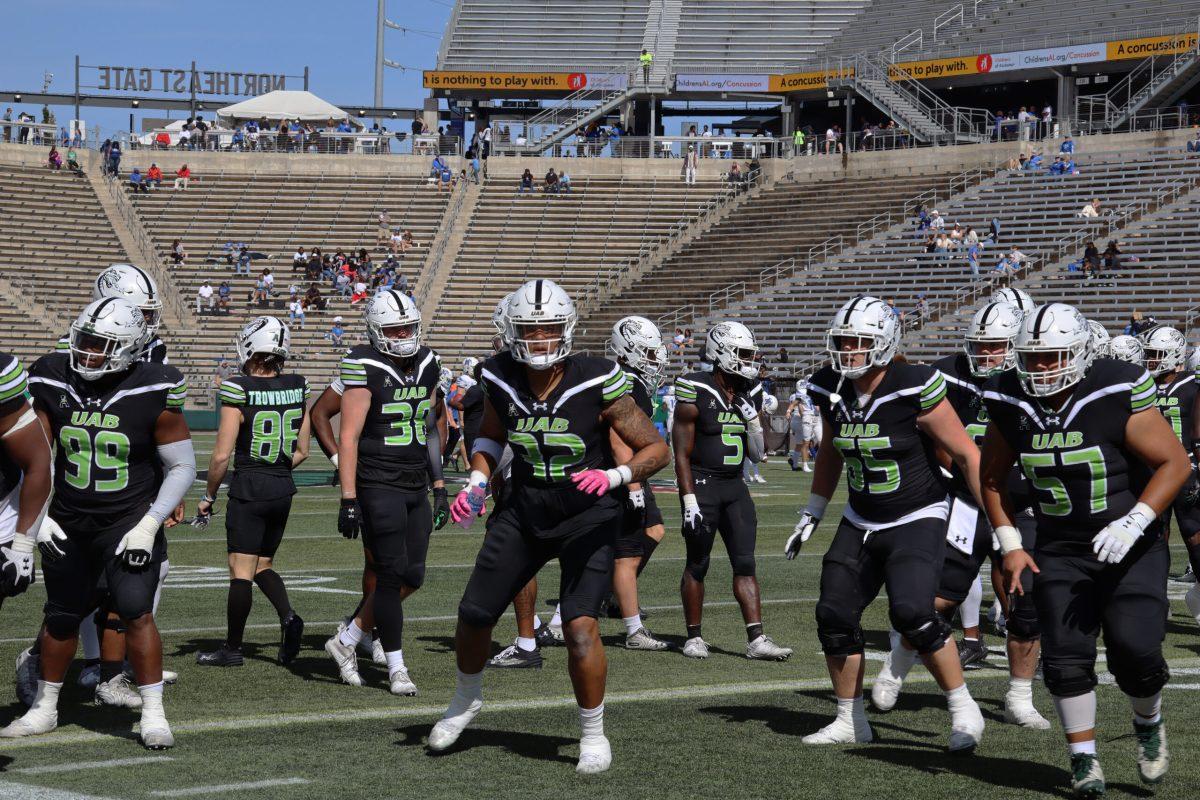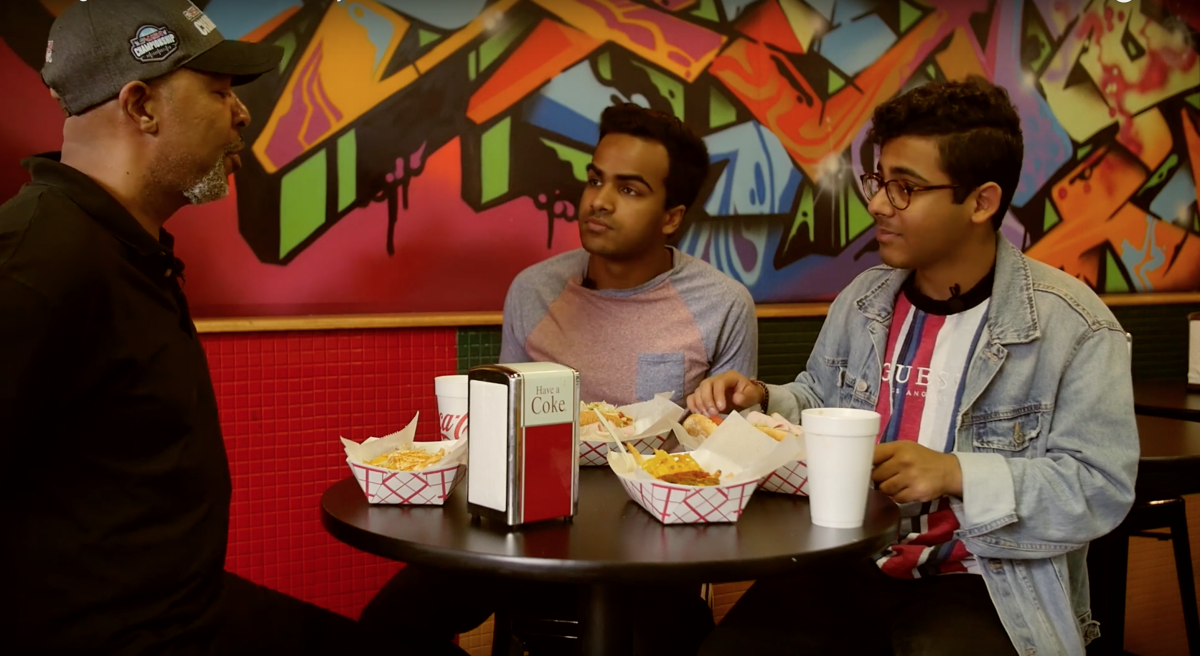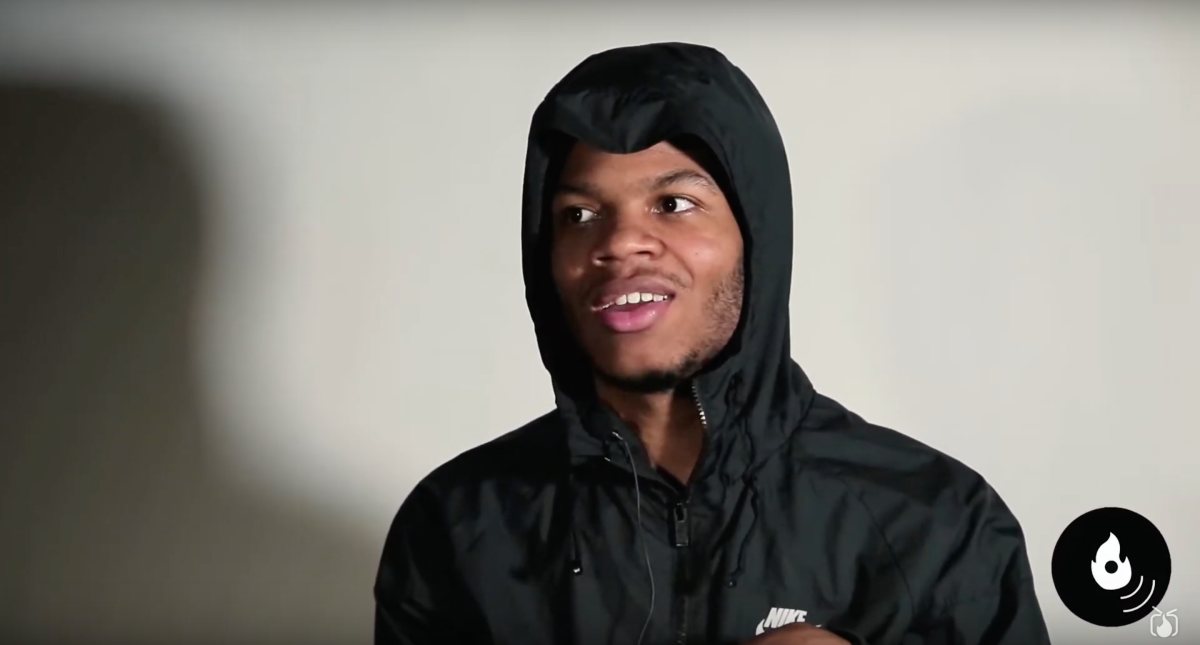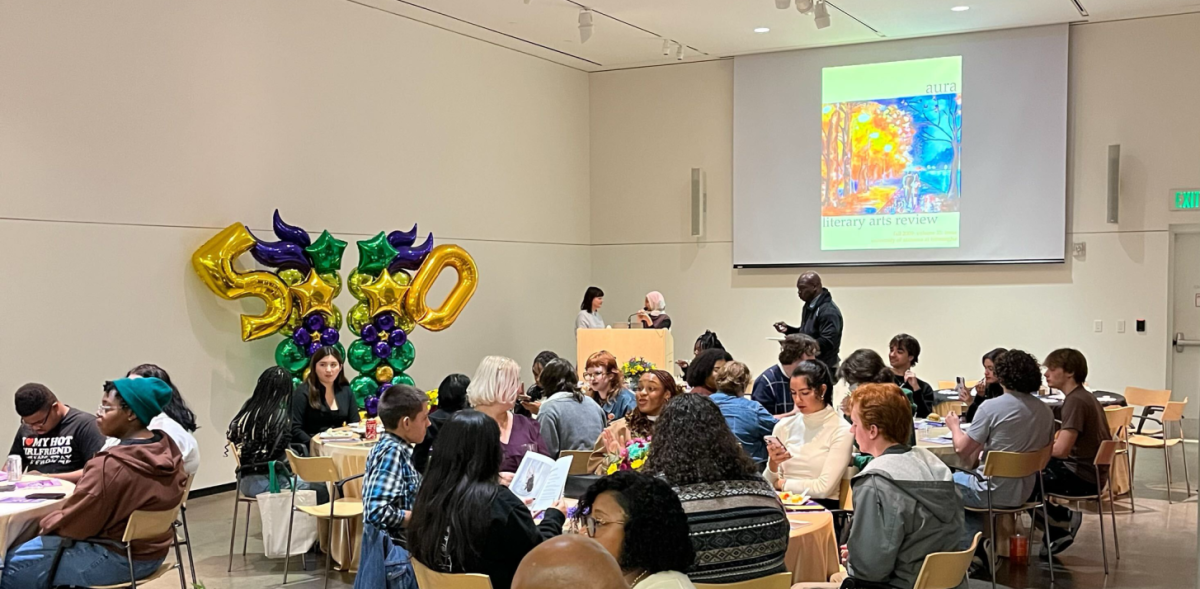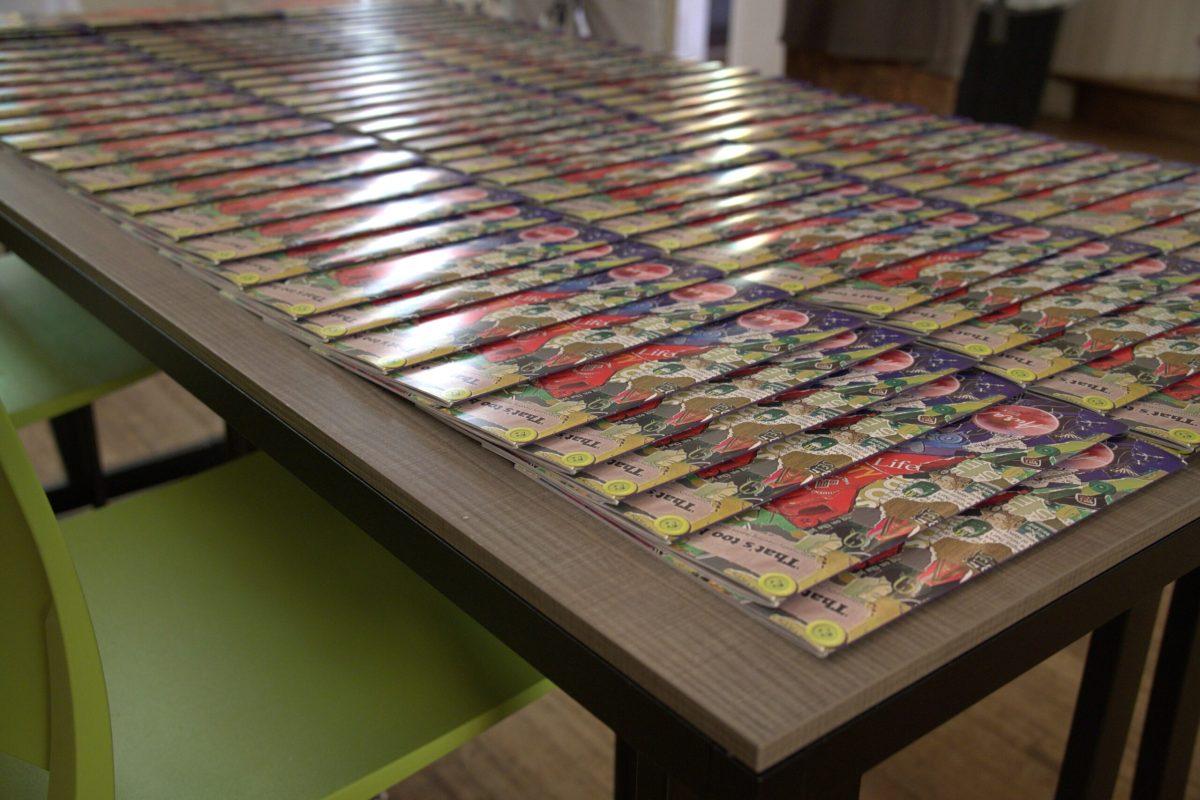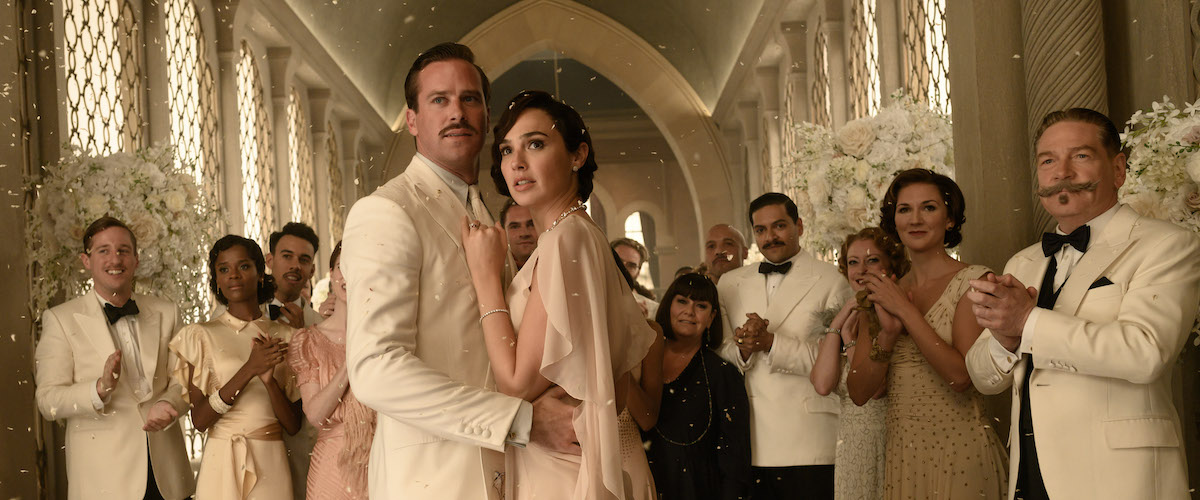There are few movie ideas simpler and more appealing than “murder mystery in an exotic location, with a dozen movie stars.” So why has Hollywood not jumped on this audience and started printing money — especially today, when true crime has become so popular and everyone is an amateur detective?
I don’t know, but I’m glad one of the few attempts made is “Death on the Nile,” a wonderful trip that squeezes every last drop of fun out of its premise.
The film is based on Agatha Christie’s novel, which follows the world’s greatest detective, Hercule Poirot. While on vacation in Egypt, he’s asked to join a wedding party on their boating trip down the Nile, only to realize that an old flame is stalking the husband and his wealthy, new wife. When someone turns up murdered on deck, it’s up to Poirot to find the killer, and everyone on board is a suspect.
Branagh obviously loves this source material, both the books and the decades of movies that have been adapted from or inspired by Christie’s work. You can feel so much energy and enthusiasm in his direction because of it. It feels less like a big budget studio movie and more like a child being given a blank check and turned loose in a toy store.
Every inch of the movie screams “old school” in the best way possible. The opening of the movie, set during World War I, is rendered in beautiful black and white with scenes composed like Kubrick’s “Paths of Glory.” Then it switches to 1930s London and the film takes on a Golden Age Hollywood sheen, with the movie stars given free range to flaunt their looks and performances. Everyone is scheming or flirting, and the visual texture is stunning. Then, cut to Egypt, and the movie becomes even more fun and thrilling, taking visual cues from Hitchcock and old adventure movies.
The money is plastered across the screen, and it’s used wisely too. For example, the Egyptian backgrounds never look very realistic. The famous ruins and monuments look either too clean or weirdly proportioned, and they’re shot from angles that would probably be impossible to get. Why? They could’ve afforded better CGI or to shoot on location. Branagh has created a modern version of the painted backdrops and models seen in older movies. Just like those old methods, these views, handsome and colorful, are worth the price of admission by themselves.
Strange editing choices and poor dubbing occasionally distract from the atmosphere. The film also sets up a central character arc for Poirot but never delivers on it. His backstory is interesting and clearly haunts him, but it’s brought up randomly throughout the movie, usually for a scene or two, just to be dropped until later. These brief glimpses pulled me further in, but it reeked of sequel bait. “Wait for the next one to see Poirot work through his issues a little bit more! And again, and again” and by 2035 we’ll be staring at the same old loveable-but-sad detective.
Murder mysteries sink or swim based on their cast. Not everyone’s performance was amazing, but that’s only natural with such a big ensemble. Emma Mackey delivers a stunning breakout performance as the stalker, while Jennifer Saunders looks confused and wasted as somebody’s obnoxious godmother. Each character is multidimensional and has a web of connections to other characters, butt they randomly become more or less important, depending on the scene.
Crucially, though, Branagh is brilliant as Poirot, a role he clearly adores. The same care he puts into the direction is present in his performance, and it acts as the glue that keeps the film together. Because he’s such a strong presence, and due to some hard work from the rest of the cast, the ensemble works like a well-oiled machine when it counts.
I don’t know how he managed to tie it all together, but Branagh deserves some serious respect for his work here. He’s made the kind of movie that feels ancient in today’s landscape. It’s not an awards contender or based on a currently popular brand, but it feels more satisfying and interesting than an Oscar vehicle or another branded superhero flick. And while some parts of the movie feel missing, I’m fine with a line of sequels filling in those gaps. If this is the work that Branagh turns in, I say we give him all the blank checks and Poirot mysteries he wants.

